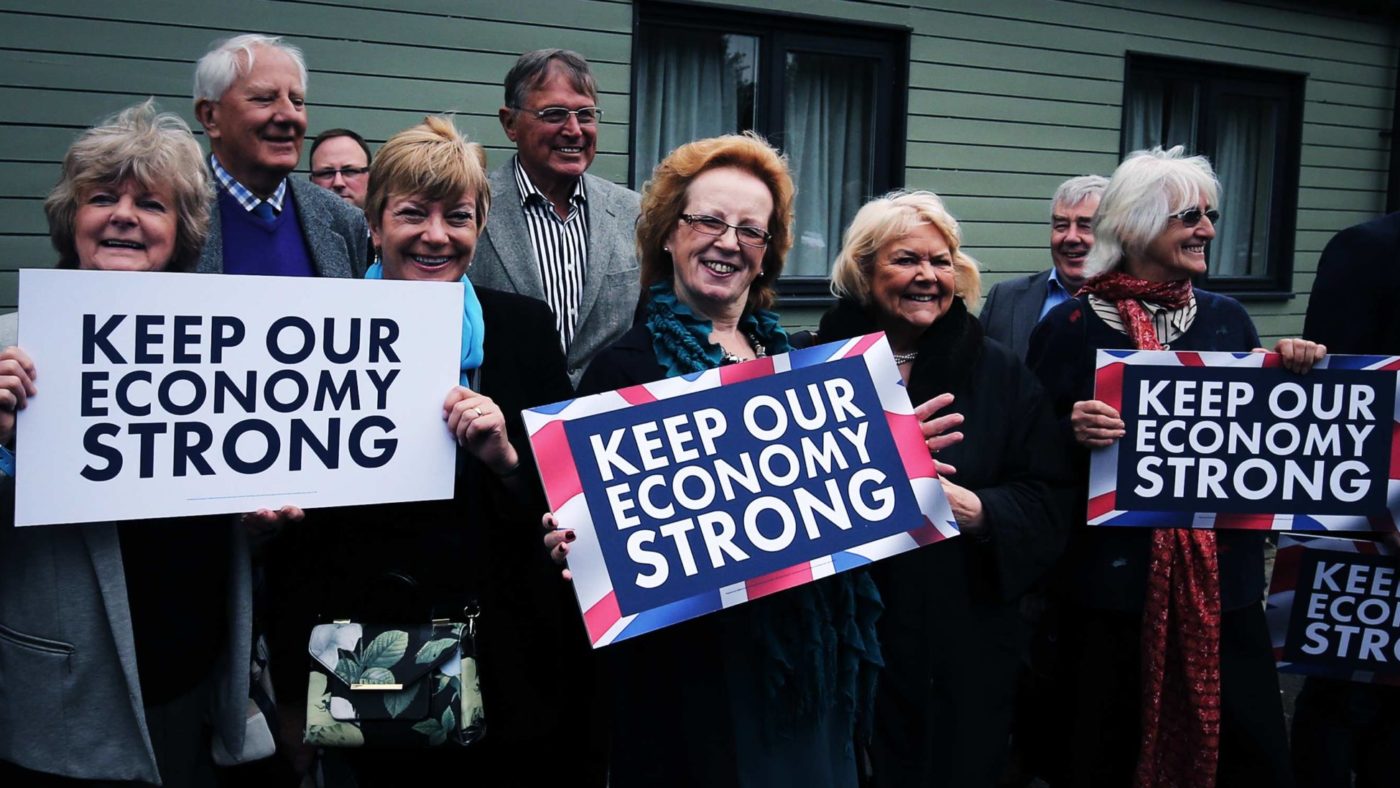In confusing times, Tim Bale is a rare voice of clarity. Professor of Politics at Queen Mary University of London, Tim is a regular presence on radio and TV, providing incisive commentary on the latest political crises. He is also an historian of the Conservative Party, and the author of many insightful books including The Conservative Party: from Thatcher to Cameron, and Five Year Mission: Labour under Ed Miliband.
Tim spoke to our Deputy Editor Frank Lawton about elections, activists and his latest co-authored book, Footsoldiers: Political Party Membership in the C21st. Frank began by asking why we need political parties in the first place.
Tim Bale on…why we even need political parties
Parties are branding devices. It would be very for the average voter to make up their mind about who to vote for in an election if they were presented with hundreds of possibilities and policies without them being packaged up conveniently into more or less consistent chunks by political parties.
on….party members
Being a member of a political party is a very middle class occupation. Around 75 to 80% of party members are ABC one voters.
If you look at the way that the Conservative Party has become converted first to euroscepticism and then to Brexit, I think the members of the Conservative Party did have an influence on that. And the way that that happened was by their role in selecting candidates.
You can have a lot of members but it doesn’t necessarily mean that they’re all actually doing anything for the party or even coming to meetings.
It does appear to be the case that Labour Party members and Lib Dem members and indeed SNP members are more active than Conservative Party members. We’re not quite sure why that is. But it may actually have something to do simply with critical mass
on…the future of Conservatism
I think the Conservative Party has changed markedly, ideologically…but I’m not sure it is as inconsistent or as unconservative as perhaps we see it. You could even take it back to the kind of conservatism that you saw in the 1950s and say, well, you know, it’s not so very different from that.
on…political education
I think there is I think there is a kind of reluctance and a nervousness to talk about politics in schools…I think that has the unfortunate effect of not giving people a fairly basic understanding of how our political system works.
on…the Conservative Party’s shrunken membership
If you have a very, very small party then it’s much more difficult to create an atmosphere, an energy, so you can get this kind of vicious cycle. I suspect the Conservative Party has been in that vicious cycle where fewer and fewer members means even those members you’ve got tend to feel less connected and tend to do less, and therefore, they feel less connected. Because there is less going on, fewer people join and so on.
on…the General Election
The polling fundamentals are set fairly strongly, I think, for a conservative majority, but…
Click here to subscribe to our daily briefing – the best pieces from CapX and across the web.
CapX depends on the generosity of its readers. If you value what we do, please consider making a donation.


